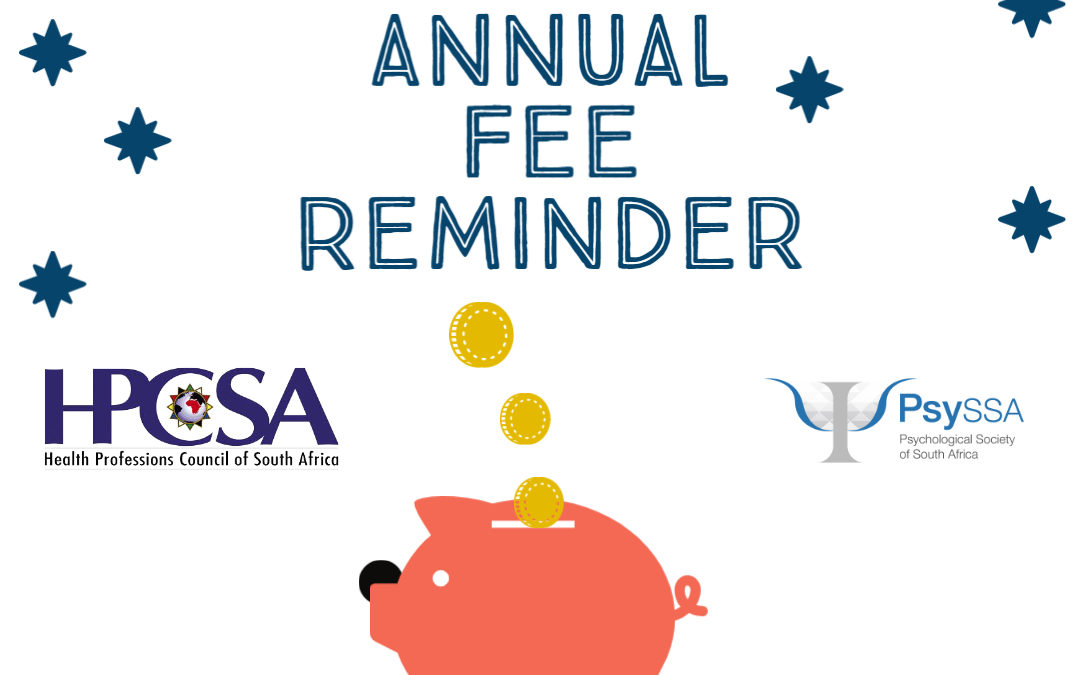On 31 May 2021, PsySSA submitted an official response to the proposed amendments, from the SARS Disability Team, on the Section 6B of the Income Tax Act, 1962. In summary, the amendments sought to amend the rules governing the tax relief associated with the payment of special needs school fees. The amendments sought to differentiate between education and intervention in regards to special needs schooling, whereby interventions qualify for tax exemption, but schooling would not. According to the proposed amendments: “School fees are not in consequence of a disability, but in consequence of education. For this reason, school fees will not qualify as a medical expense under this List.” PsySSA was approached by Autism South Africa to support through providing our own independent position to the draft proposals released by SARS 24th May 2021.
In summary, PsySSA commended SARS for ensuring financial support for vulnerable populations through tax relief and ensuring that all children have the right to access basic education. However, there are concerns that the process of how this differentiation has been proposed would place the burden of accountability on the shoulders of parents. Special Needs Schools without the necessary administrative support to record the differentiations would result in their pupils and their families not benefiting from the necessary tax relief vital for their education. It is ill conceived to separate the learning programme from the supportive intervention programme which takes place in the educational setting for a child with disabilities. We recommended that further discussion is needed between stakeholders to determine the best way forward.
On the 02 June 2021, SARS announced that it would be retracting these draft proposals “in order to permit more time to engage with stakeholders, explain the intent behind the changes and understand the concerns raised”. We would like to thank both divisions of SEPSA and PiPS for their assistance and expertise in driving this matter forward. This is further evidence of our progress in being actively involved with Public Psychology and being at the foreground of these discussions. We ensure this in order to mobilise Psychology in the interests of multiple publics, particularly those who are marginalised, and to respond to the critical social issues that impact the psychological health and wellbeing of our communities.




